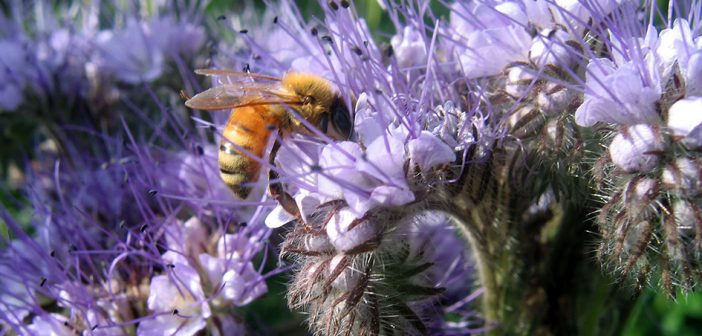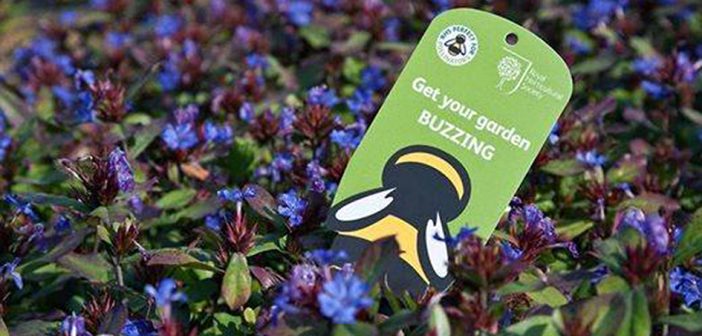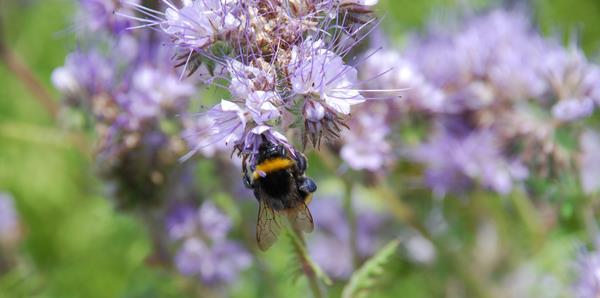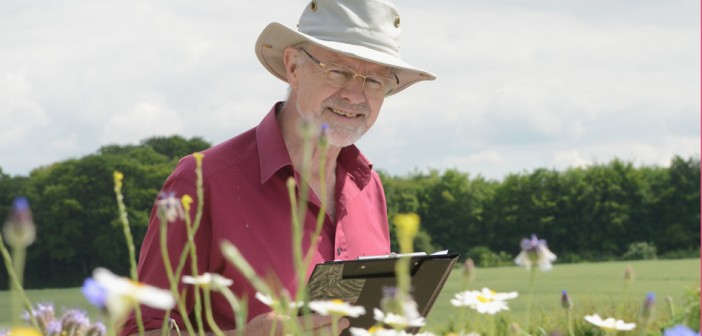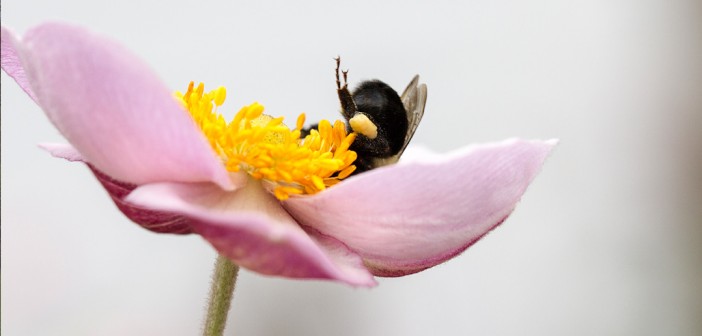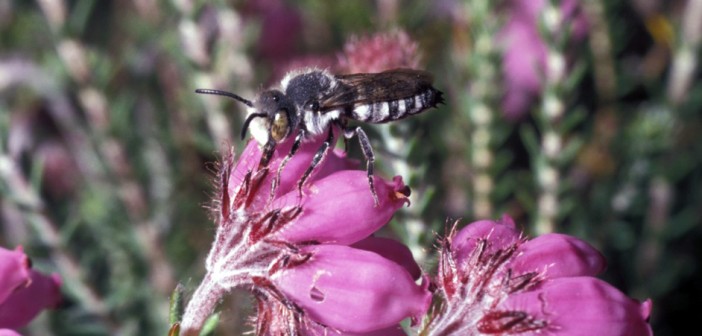Apple orchards surrounded by agricultural lands are visited by a less diverse collection of bee species than orchards surrounded by natural habitats, according to a new study led by Cornell University in the United States.
By looking at 10 years of data from 27 apple orchards in New York state the researchers found that apple production suffers when fewer, more closely-related species of bees pollinate an orchard. Production improves in orchards surrounded by natural habitats, which then draw a broader selection of species to apple blossoms. The study looked at the types of landscapes that surrounded the orchards, measured apple production and surveyed the species of bees that visited each orchard.
“Orchards that have bee communities that are more closely related to each other did worse in terms of their fruit production, and the communities that are more broad across the phylogeny did much better,” said one of the report’s authors, Dr Heather Grab.
Species of bees exhibit different behaviours in how and when they pollinate flowers. Some species approach from the side, others from the top, and they each may feed at different times of day and with varied frequencies, all of which affect how completely an apple flower is pollinated.
Organs in apple flowers must receive a certain number of pollen grains in order to develop a full complement of seeds. When seeds do well, the tissue that supports those seeds, the fleshy part of the fruit, is also more fully developed. “If only half of the seeds mature fully, then the fruit is misshapen,” which in turn affects weight and saleability, Grab added.
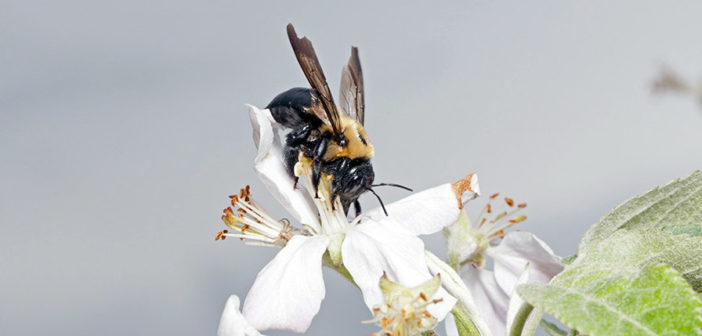
Photo Caption: A carpenter bee visiting an apple flower
Photo Credit: Cornell University
The post Natural orchards improve bee diversity and improve apple production appeared first on Hort News.
